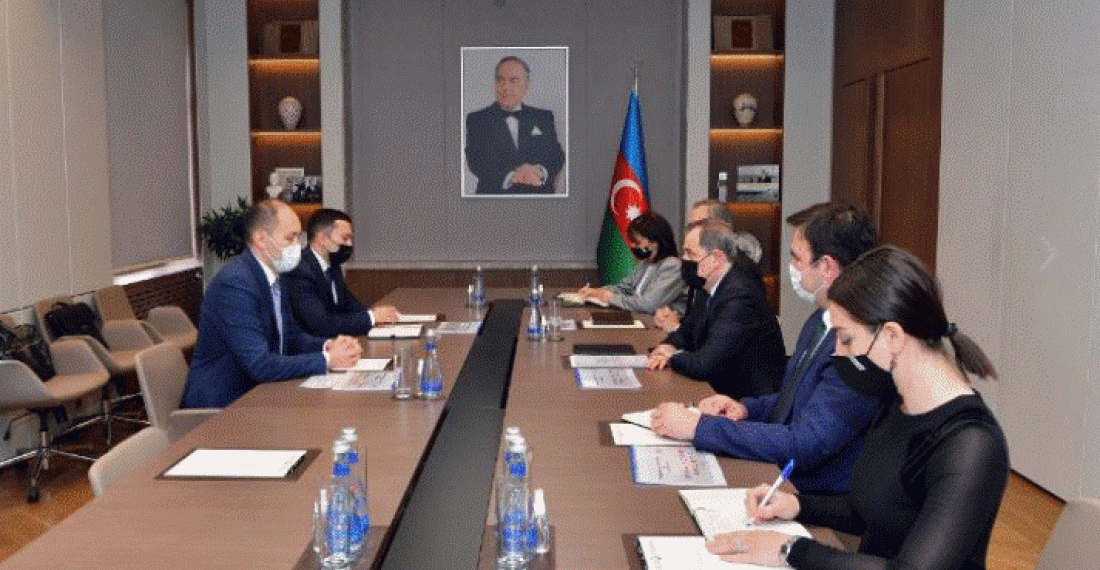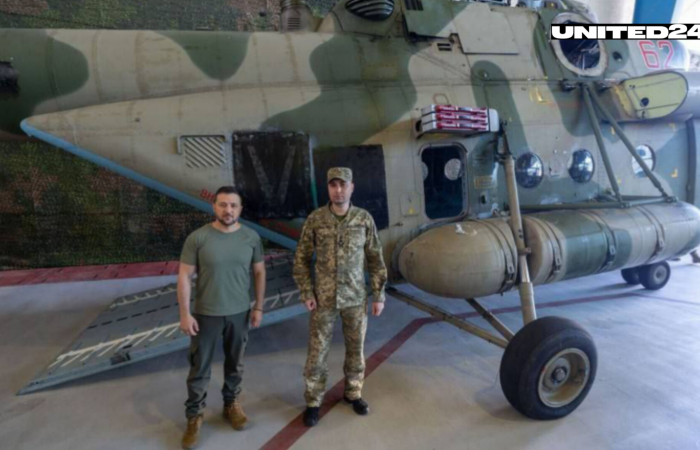The Secretary General of the Permanent Secretariat of the Intergovernmental Commission TRACECA, Asset Assavbayev, on Thursday (6 May) met in Baku with the foreign minister of Azerbaijan, Jeyhun Bayramov. Issues related to transport links between Europe, the Caucasus and Central Asia were discussed.
Assavbayev briefed the Azerbaijani minister on the agreement on the development of the Europe-Caucasus-Asia international transport corridor, the activities of the Permanent Secretariat, the results of last year's activities and new initiatives being considered, as well as plans on expanding the geography of activities, cooperation with the EU and other issues.
There are 13 member-states of the “Basic Multilateral Agreement on International Transport for Development of the Europe-the Caucasus-Asia Corridor” (MLA TRACECA): Azerbaijan, Armenia, Georgia, Iran, Kazakhstan, Kyrgyzstan, Moldova, Romania, Tajikistan, Turkey, Ukraine and Uzbekistan.






